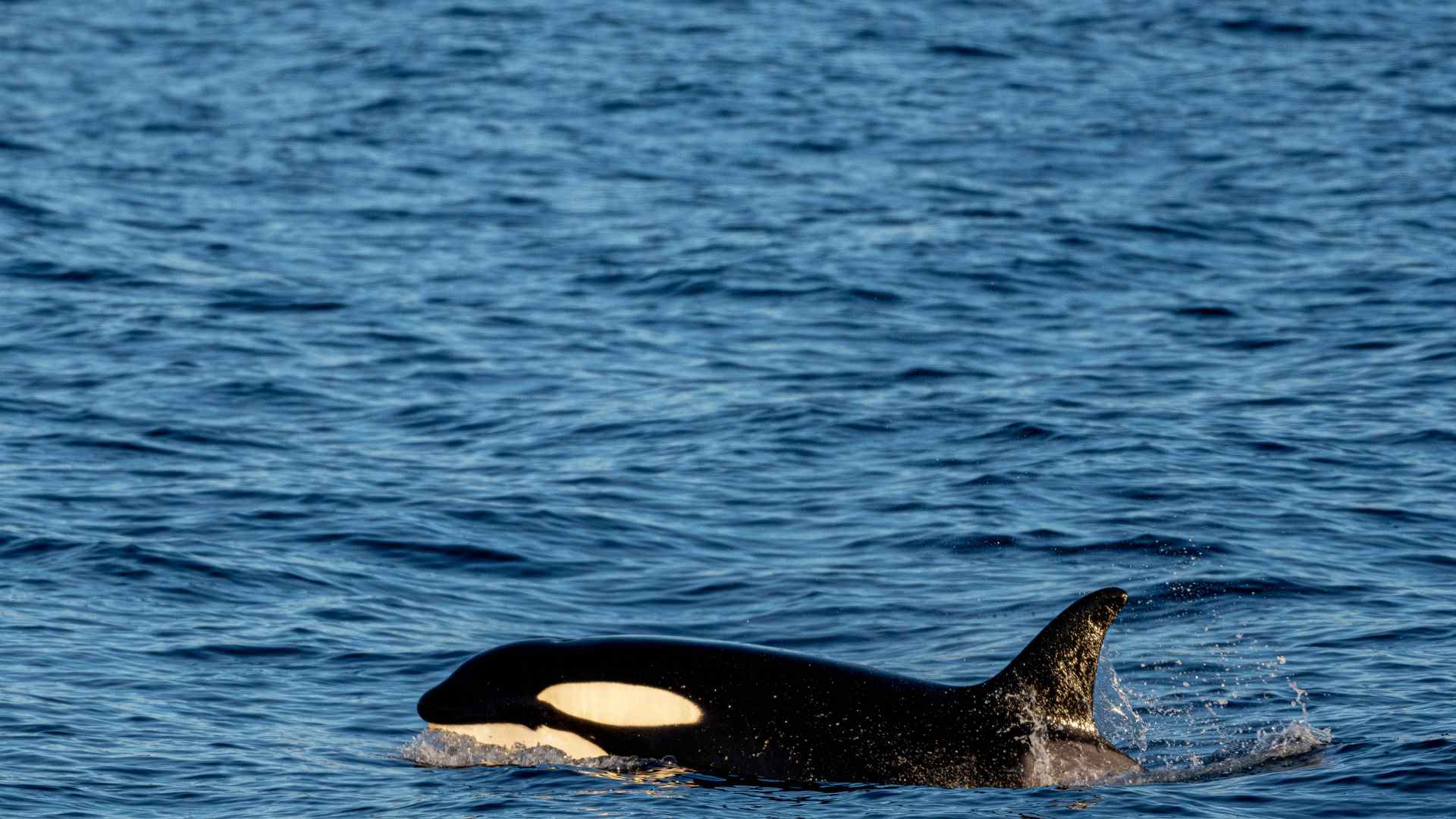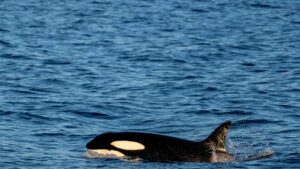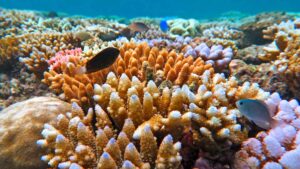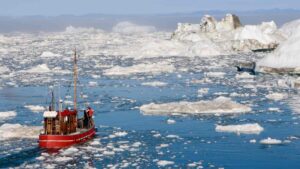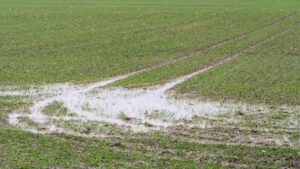
Irish Study Sheds Light on Sea Ice Melt
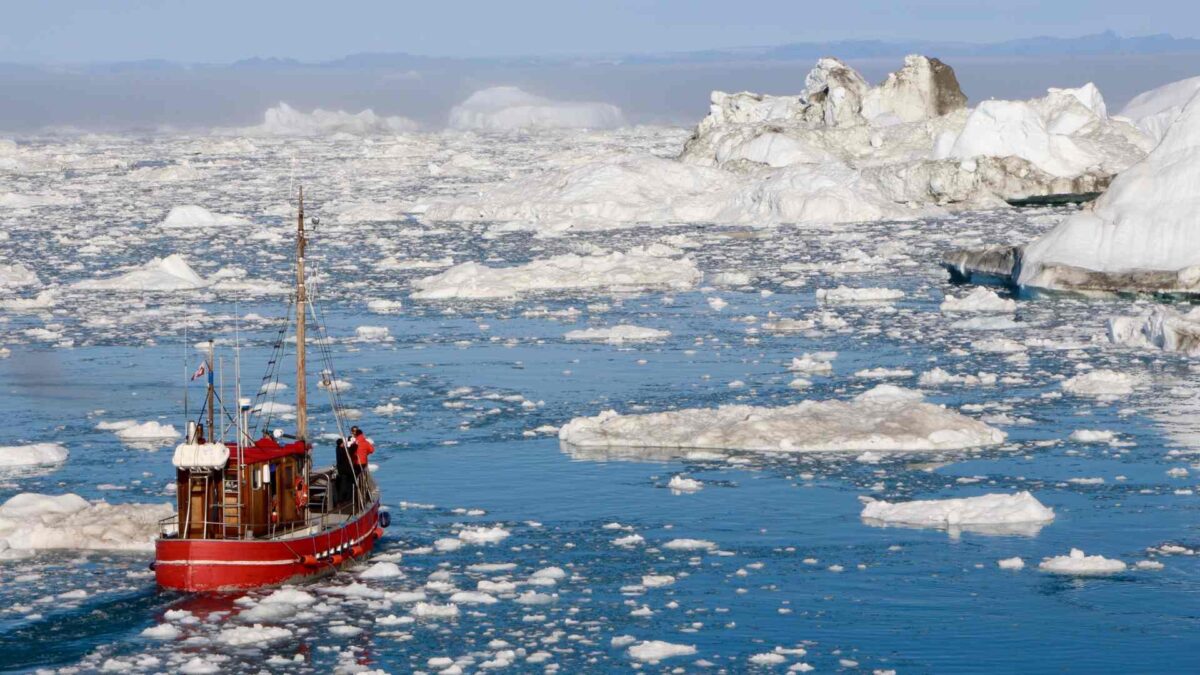
University of Galway researchers have made a breakthrough in understanding Arctic climate change after capturing a rarely observed ocean mixing process during an expedition to the Greenland Sea.
The phenomenon, known as cabbeling, was recorded during a summer 2023 research mission aboard the Marine Institute’s RV Celtic Explorer. The team spent weeks studying surface waters in one of the most climate-sensitive regions on Earth.
Cabbeling occurs when two water masses with the same density, but different temperatures and salinities mix to form a new water mass that is denser than either of the originals. This denser water sinks, promoting vertical mixing and potentially transporting heat upwards, which can accelerate sea ice melt.
Lead researcher Kevin McGraw, a PhD candidate at University of Galway, described the process as “sporadic and short-lived,” making it exceptionally difficult to observe. But thanks to the deployment of a robotic instrument called the Air-Sea Interaction Profiler (ASIP), the team successfully recorded the elusive process in action.
The ASIP, a 2.8-metre autonomous profiler, made repeated dives through the upper 100 metres of ocean, capturing fine-scale data on turbulence, temperature, and salinity.
The findings, now published in the Journal of Geophysical Research: Oceans, could improve how climate models account for sea surface warming and Arctic ice loss, particularly as melting freshwater inflows increase in a warmer world.
Co-author Professor Audrey Morley highlighted the potential impact on the Atlantic Meridional Overturning Circulation (AMOC), a key system of ocean currents that regulates global climate. “Cabbeling may alter density gradients that drive the AMOC, influencing its stability in a warming ocean,” she said.
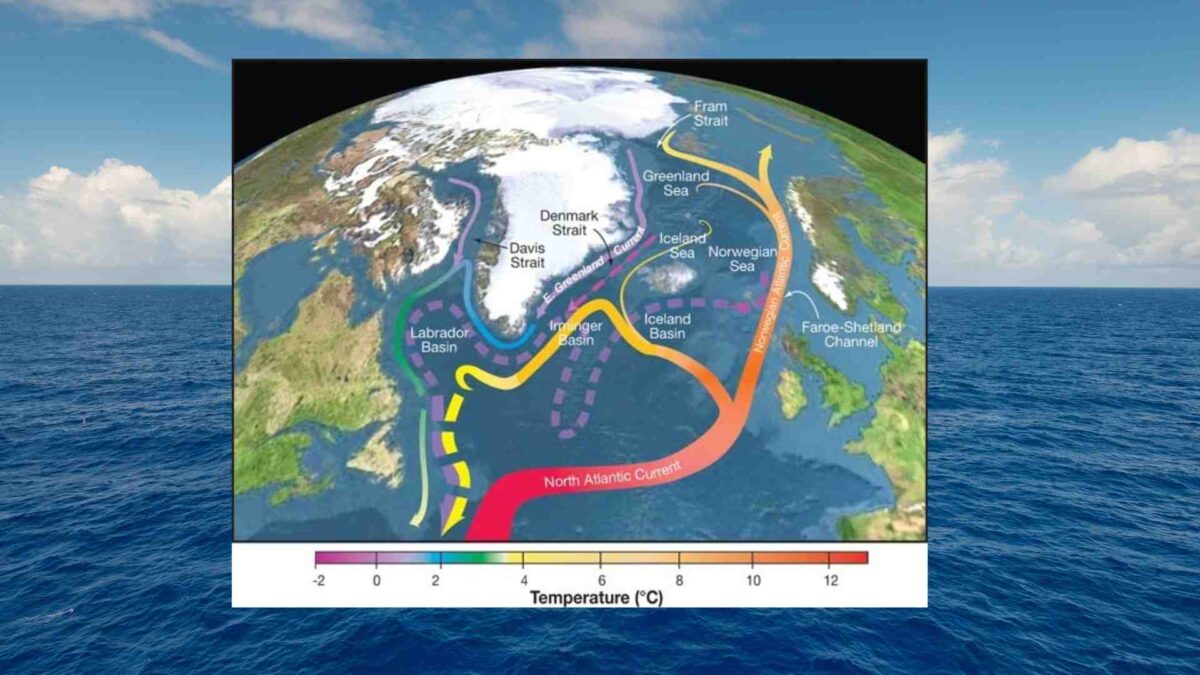
Professor Brian Ward added: “This is a prime example of how subtle, small-scale processes can have far-reaching climate implications. New instruments like ASIP are crucial for capturing these dynamics.”
The study strengthens calls to integrate high-resolution ocean observations into climate prediction systems, particularly for vulnerable polar regions.
📘 Read the full study: https://doi.org/10.1029/2025JC022567
Share this WeathÉire story:





